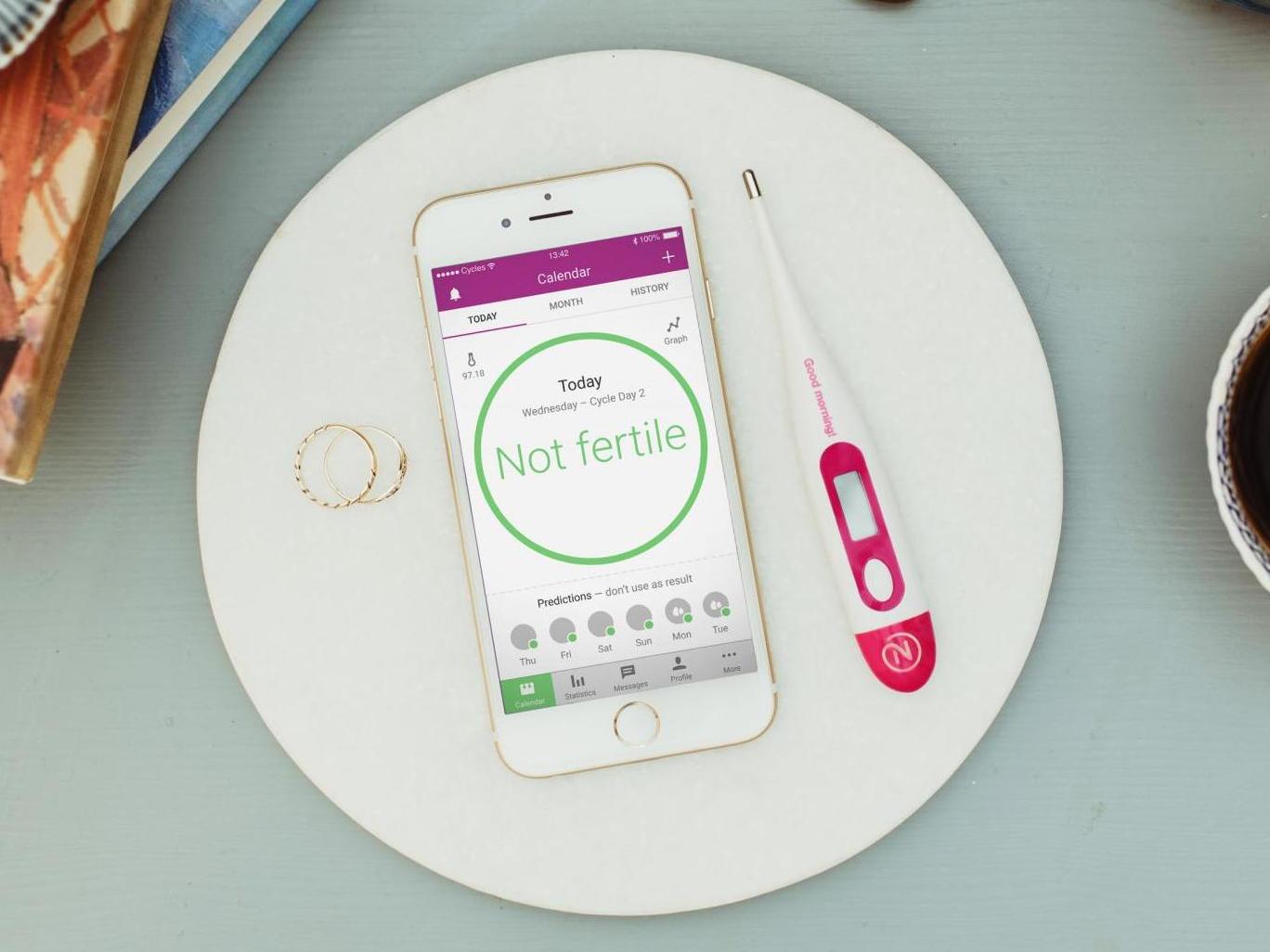Birth control app previously investigated for ‘misleading’ claims now FDA approved
37 women formerly complained that they’d become pregnant while using the app

A birth control app that was previously investigated for its “misleading” claims over its accuracy has now been officially approved by the Food and Drugs Administration in the US.
In July this year, the Advertising Standards Authority received three complaints from individuals using the Natural Cycles app, which was founded in Switzerland by couple Elina Berglund and Raoul Scherwitzl.
The complainants voiced their opposition to the app’s description, which stated that it was a “highly accurate, certified, contraceptive app that adapts to every woman’s unique menstrual cycle” and that it was a “clinically-tested alternative to birth control methods.”
The complaints came following reports earlier in the year that 37 women who’d been using the app as a form of contraception had become pregnant.
In response to the accusation that the app had not worked as an effective method of birth control in these cases, Natural Cycles stated that unplanned pregnancies are an “inevitable reality” when using any form of contraception.
Despite being available to use worldwide, up until now it had only been officially recognised as a form of contraception in Europe, having been certified by the European Union last year.
It’s now the first contraceptive smartphone app to also be officially approved in the US.
The FDA explains the methodology of the app in the press release announcing its approval.
“The app, called Natural Cycles, contains an algorithm that calculates the days of the month a woman is likely to be fertile based on daily body temperature readings and menstrual cycle information, a method of contraception called fertility awareness,” the statement reads.
“Consumers are increasingly using digital health technologies to inform their everyday health decisions, and this new app can provide an effective method of contraception if it’s used carefully and correctly,” says Terri Cornelison, MD, Ph.D., assistant director for the health of women in the FDA’s Centre for Devices and Radiological Health.
However, Cornelison has stated that women should be aware that unplanned pregnancies can always occur when using any type of birth control.
Clinical studies found that if 100 women were to use the app over the course of a year, approximately 1.8 of them would become pregnant when using the app diligently.
Furthermore, around 6.5 out of 100 women would become pregnant in a year if not using the app properly.
In January this year, it was reported that a male contraceptive pill being developed was beginning to show promise.
Join our commenting forum
Join thought-provoking conversations, follow other Independent readers and see their replies
Comments